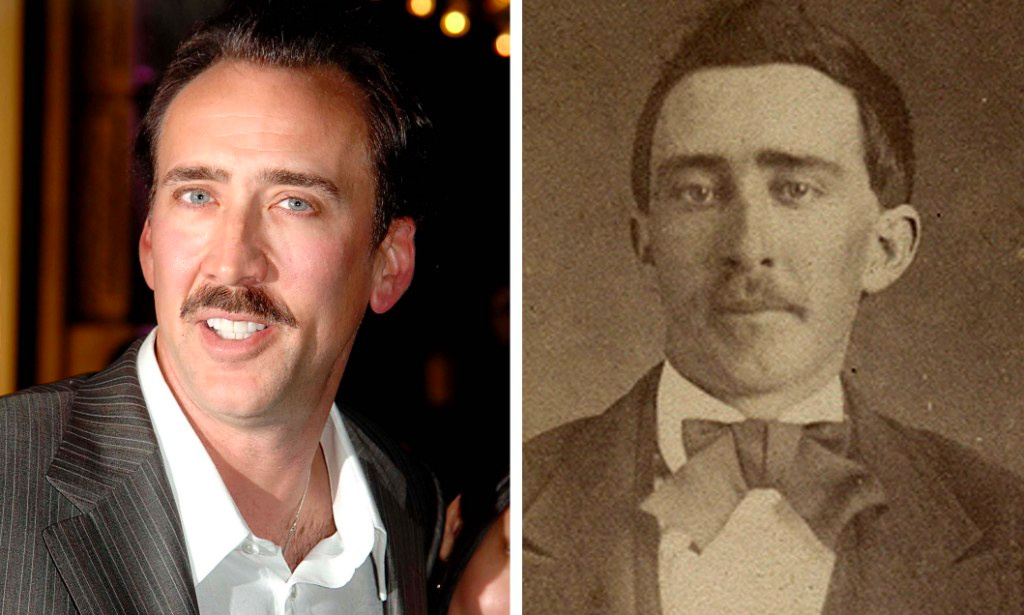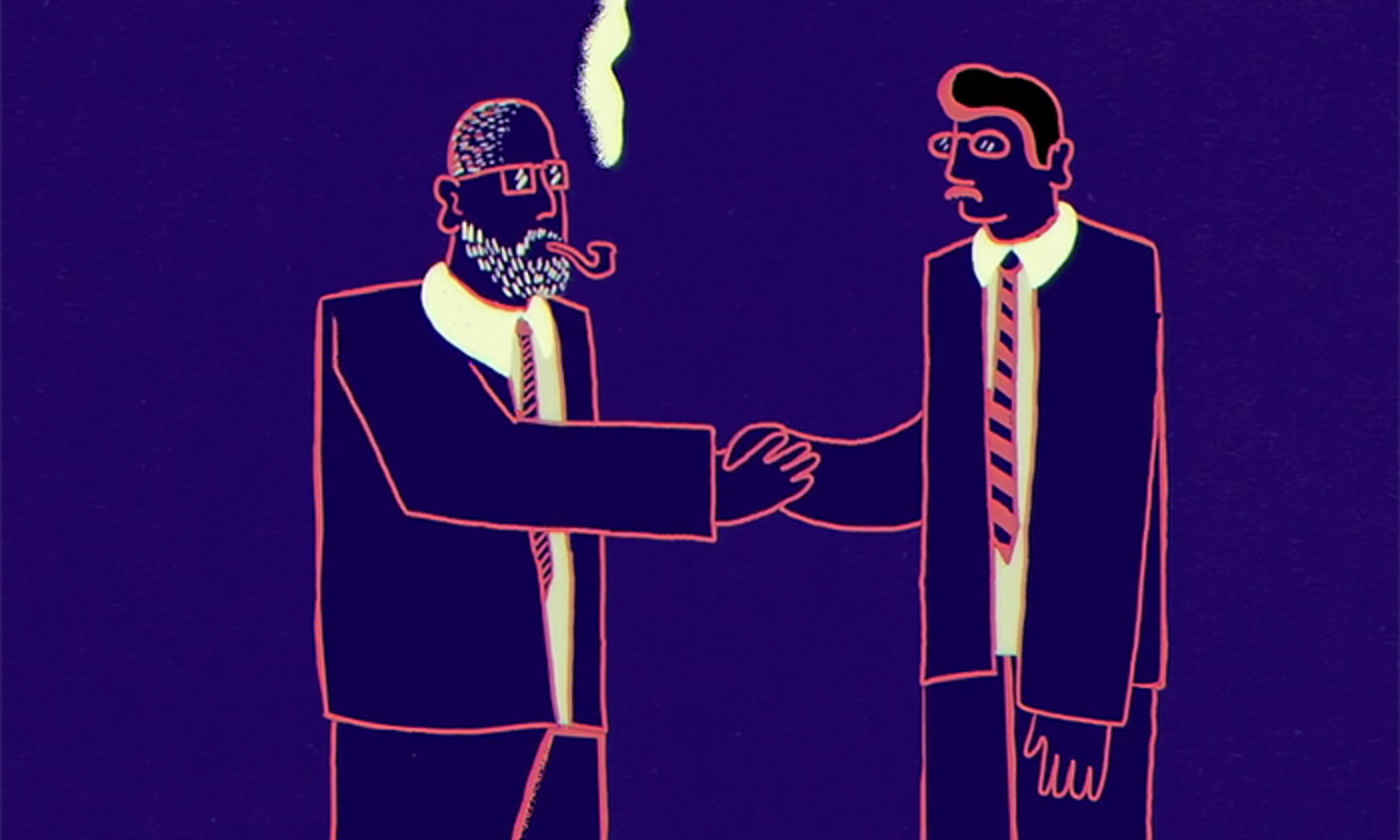psychology
Almost 200 cognitive biases rule our everyday thinking. A new codex boils them down to 4.
The Canadian professor has an extensive collection posted on his site.
A new study from Oregon State University makes it clear: it’s you.
Buddhism and Western science converge on a number of ideas.
Even some teachers suffer from anxiety about math.
Ten of the most sandbagging, red-herring, and effective logical fallacies.
Is it “perverseness,” the “death drive,” or something else?
It’s one factor that can help explain the religiosity gap.
A new study explores how certain personality traits affect individuals’ attitudes on obesity in others.
New research on the public’s opinion about genetically modified foods illustrates an alarming cognitive bias.
There’s a difference between having a harmonious passion and an obsessive one.
Talking about climate change doesn’t have to be an argument over Thanksgiving dinner. Some people, though maybe not all, can be persuaded.
The American Psychological Association recently released guidelines for treating boys and men. Men aren’t happy about it.
The dogs’ ability to recognise and process human faces surpasses even that of monkeys. This newly-identified brain region may be the reason why.
The pressure of getting into a top-tier college seems to have influenced the ways teenagers sort themselves into cliques.
“The best is the child in a separate room, where it then remains alone,” a bestselling Nazi-era parenting book advised.
Researchers discover whether genes or social interaction shape personality.
The study suggest implicit biases can change significantly over a relatively short timeframe.
How mutual admiration was torn asunder by the sex drive: Freud, Jung and the schism at the heart of psychoanalysis.
The study shows when the ‘Napoleon complex’ is most likely to emerge.
The countdown continues! This is the 6th most popular video of 2018 — and it could save you years of trouble.
▸
5 min
—
with
The countdown continues! This is the 7th most popular video of 2018.
▸
4 min
—
with
Researchers have changed their tune on how the disorders develop.
Celebrating five years since Grain Brain was published, David Perlmutter doubles down on his warnings.
The relationship between our genotypes and our psychological traits, while substantial, is highly indirect and emergent.
New psychology research suggests people get more lasting joy from giving gifts.
Nurturing several relationships at once can empower us to build a life so rich that when we lose one love among many, we don’t feel as if we’ve lost ‘everything.’
From psychology to neuroscience, what we believe is not nearly as relevant as why we do.





























